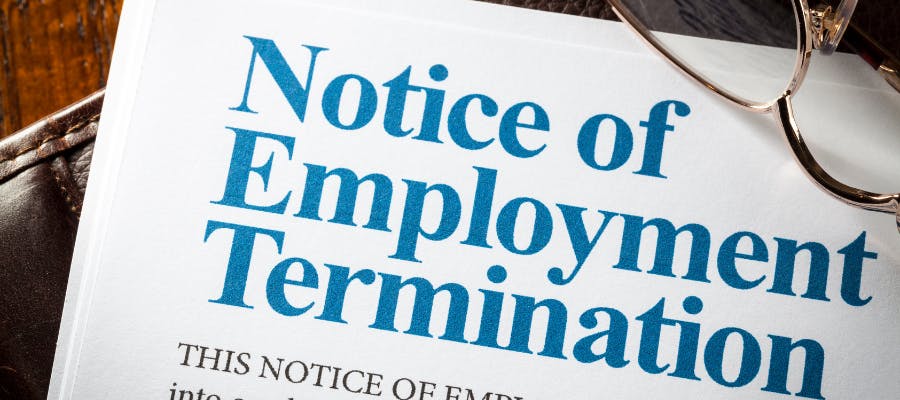First published on Monday, May 27, 2024
Last updated on Tuesday, May 28, 2024
Have you heard the latest news?
Welcome to HR Heartbeat, where we give you a rundown of the week's top employment law stories. Stay on the pulse of current trends impacting your business, plus get up-to-the-minute commentary on all things HR and legal.
When serious misconduct doesn’t cut it in Court
In a recent ruling, the Ontario Superior Court of Justice established that serious misconduct may not be enough to justify a with-cause termination.
The Court rejected an employer’s effort to justify firing a long-term employee for misconduct after she was originally terminated without cause. The employer's claim of misconduct was only revealed after the employee filed a wrongful dismissal claim.
During investigations, it was discovered that the employee had copied thousands of emails containing confidential client information onto a USB device and taken it home.
Upon discovering this, the employer changed its defense and claimed the employee had breached their Code of Conduct.
However, the Court ruled in favour of the employee after considering the employee’s lengthy track record of no previous misconduct. The Court also found the employee’s removal of confidential information was a lapse in judgment, not intentional misconduct.
Subsequently, the employee was awarded 24 months’ notice and damages for lost commissions.
As an employer, you can never be too meticulous when documenting reasons for termination, as it helps you avoid potential discrimination claims. Make sure you have compliant records of non-discriminatory evidence supporting termination decisions, especially when performance issues are involved.
If you need help navigating the complexities of employment law (and let’s face it, almost every business does at some point) and protecting your business against potential legal challenges, speak to our employment relations experts via our 24/7 advice line BrightAdvice.
Banishing workplace woes
Starting September 1, 2024, employees in Nova Scotia experiencing gradual on-set stress will be eligible to apply for Workers' Compensation Board (WCB) benefits.
Previously, only psychological injuries resulting from work-related traumatic mental stress were covered under the Act.
However, with the new amendment, psychological injuries resulting from work-related gradual on-set stress will also be covered. This means employees who develop mental stress gradually over time due to significant work-related stressors can now seek compensation.
High workloads, unrealistic deadlines, and sustained pressure are examples of work-related stressors that contribute to gradual onset stress, making this amendment crucial for employees’ mental health.
Not all kinds of stress in the workplace will be eligible for coverage. For example:
Stress from interpersonal conflicts at work won’t be eligible unless it involves workplace harassment or bullying.
Stress resulting from an employer’s decision or action related to the worker’s employment, such as changes to duties or working conditions, disciplinary actions, or termination, will not be covered.
So, how can you, as an employer, prepare for these changes to the Workers Compensation Act?
To start, make sure you’re doing your part to foster a healthy work culture and limit the stressors your employees face. Plus having policies and measures in place to support employees' mental health is vital to ensuring your employees receive the support they need in their professional lives.
That's it for today! Come back next time for more HR news so you stay ahead of major employment law changes.






